Qualcomm, Apple exchange verbal punches at end of infringement trial
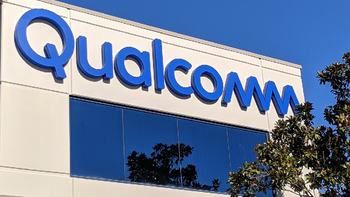
Apple and Qualcomm are facing off in another trial where Apple has been accused by the chip maker of infringing on its patents. In this particular case, Qualcomm alleges that Apple used three of its patents without obtaining a license or permission. One patent is for technology dealing with internet connectivity, and another covers graphic processing and the consumption of energy from a phone's battery. The technology protected by the third patent controls how traffic is routed between the modem chip and the apps processor. This makes it easier for an app to download data.
UPDATE:According to Reuters, Judge Gonzalo Curiel of the U.S. District Court for the Southern District of California has ruled in favor of Apple. The judge said that Qualcomm was obligated to pay Apple close to $1 billion in royalty fee rebates. Apple's contract manufacturers that assemble the iPhone, like Foxconn, would pay Qualcomm billions of dollars a year in order to use Qualcomm technology in Apple's smartphones. Apple would reimburse its contract manufacturers. Apple and Qualcomm had a deal under which Apple would receive a rebate on some of the royalties Qualcomm received as long as Apple didn't complain about Qualcomm in court, or with regulators.
According to CNET, both sides got to present their closing arguments yesterday. Qualcomm accused Apple of hiding something by not showing its former engineer and co-inventor of the internet connectivity patent, the actual wording of said patent. The engineer, Arjuna Siva, had already testified that he was not an inventor while working for Apple. The latter's closing argument focused on Qualcomm's motivation for filing the suit. Apple's counsel, Juanita Brooks, said that the only reason Qualcomm took Apple to court was because it no longer was the exclusive supplier of modem chips for the iPhone. While Qualcomm was the sole supplier of the component from 2011 to 2015, in 2016 the company had to share the business with Intel. That practice continued in 2017, and last year Apple used Intel modem chips exclusively.
Qualcomm is asking the court to award it damages of $1.40 for each iPhone sold from July 2017, when the suit was filed. Meanwhile, don't forget to circle March 26th on your calendar; that's the day the International Trade Commission (ITC) is expected to decide whether to place an import and sales ban on certain iPhone models in the U.S. Last September, ITC Judge Thomas Pender ruled that Apple had infringed on one Qualcomm patent, but refused to order the iPhone ban that Qualcomm asked for, saying that such a ban would be against the public interest. The full commission is reviewing the matter and is expected to make its final ruling a week from next Tuesday.





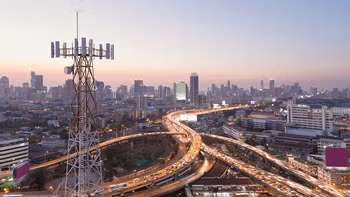



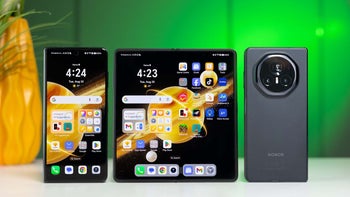
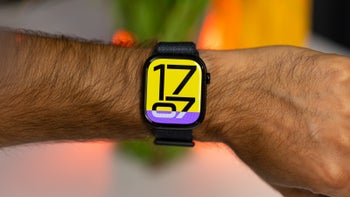

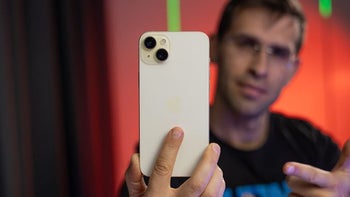
Things that are NOT allowed: